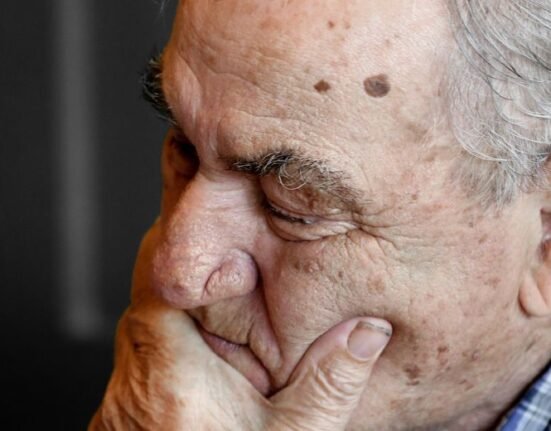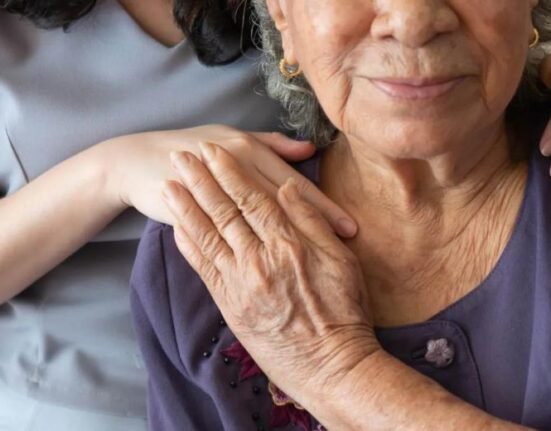Bharti Jayshankar
December 17, 2024: The ICOD (Improving Condition in Down Syndrome) project has reported promising findings from its phase 1/2 clinical trial of the AEF0217 molecule, developed by the French biotech company Aelis Farma. Conducted at the Hospital del Mar Medical Research Institute, Spain, this study delved into cognitive difficulties associated with Down syndrome.
The trial, funded by the European Union’s Horizon 2020 R+D program, included 29 participants aged 18 to 35 with mild to moderate intellectual disabilities.
The Phase 1/2 clinical trial with AEF0217 was a randomized, double-blind, parallel study comparing one dose of AEF0217 (0.2mg oral dose) to placebo after 28 days of treatment once a day. The primary objective of the trial was to assess the safety and tolerability of AEF0217, which is particularly relevant in the fragile population with Down syndrome. The secondary and exploratory objectives investigated the pharmacokinetic and the efficacy of AEF0217 on the behavioral impairments of young adults with Down syndrome.
Safety and efficacy of AEF0217
AEF0217 is a novel treatment developed by Aelis Farma, specifically targeting cognitive deficits associated with Down syndrome. It addresses the hyperactivity of the cannabinoid receptor CB1, which is believed to contribute to cognitive impairments in individuals with Down syndrome.
The results indicate that AEF0217 is not only safe but also effective in enhancing key cognitive skills. After a 28-day treatment period, participants who received AEF0217 showed significant improvements in: Communication skills, daily living skills, and social interactions.
These enhancements were measured using established assessment tools, such as the Vineland Adaptive Behavior Scale (VABS) and the NIH-Toolbox Cognitive Battery. The Vineland Adaptive Behavior Scale (VABS directly measures the potential improvements in everyday life functioning of people with Down syndrome and the NIH-Toolbox Cognitive Battery for intellectual disabilities measures different cognitive functions. Of the nine behavioral skills investigated by the VABS, AEF0217 improved five which increased cognitive flexibility among participants receiving the treatment compared to those on placebo.
Neurophysiological evidence
Electroencephalography (EEG) studies conducted during the trial revealed statistically significant changes in brain function post-treatment. Participants exhibited reduced brain strain when performing working memory tasks, suggesting that AEF0217 facilitates cognitive processing more efficiently.
Dr. Rafael de la Torre, who led the study, emphasized that these results offer hope for developing effective treatments for cognitive dysfunctions in individuals with Down syndrome. Dr. Rafael de la Torre explains: ” Particularly striking are the efficacy data, which addresses crucial domains of adaptation, such as expression and writing abilities as well as certain daily living skills and societal interactions. These types of effects, especially because obtained after only four weeks of treatment, are certainly a first in the field of Down syndrome and represent a major step towards the development of a treatment that could significantly improve the autonomy and adaptation of people with Down syndrome…”
Future directions
Following these encouraging outcomes, the project is set to advance into an international multicenter phase 2 trial scheduled for mid-2025. This next phase will focus on determining optimal dosages of AEF0217 to maximize its benefits and further explore its impact on daily functionality and specific cognitive functions.
The positive results not only highlight AEF0217’s potential to improve quality of life but also pave the way for future research into similar cognitive disorders.




